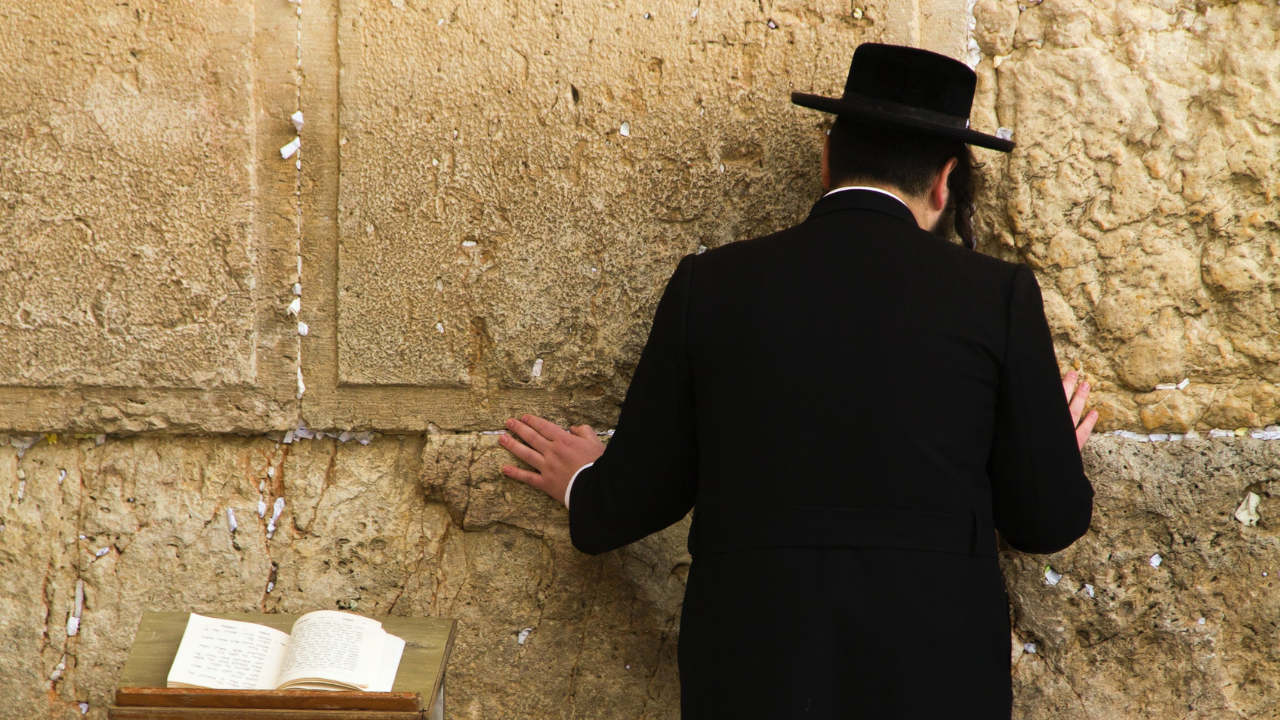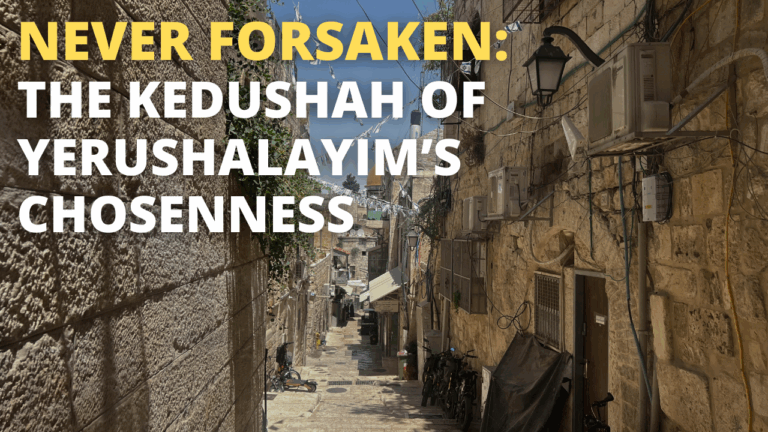The Humility of Jerusalem
When the time came for Moshe to choose the next leader of the Jewish people, he naturally thought of his own children. However, it was not to be. In a choice that apparently surprised even Moshe, God told Moshe to appoint his student Yehoshua in his place. Yalkut Shimoni teaches as follows:
Moshe thought that his sons would inherit him in his place and take his position… The Holy One Blessed be He responded: “Moshe! It is not as you think. Your sons will not inherit you. You know that Yehoshua served you well and gave you honor and he would wake up early and stay late in the Beit Midrash to order the benches and to spread out the mats. He will take your position.”
It was in the merit of Yehoshua’s organizing of the Bet Midrash that he merited the leadership.
At first glance, this is a surprising midrash. Granted, organizing the benches demonstrates dedication and piety. But are these really the most important traits for a leader? Should we not look for spiritual charisma, public speaking abilities and other such classical leadership traits? In fact, Yehoshua does not seem to possess these traits as Moshe felt the need to pray that Yehohua not be swayed by the counsel of the other spies. It seems that Moshe knew that his prize student was more of a follower than an independently minded leader.
Perhaps we see from here that the single most prized character trait for a Jewish leader is humility. The leader needs to focus on others as opposed to on himself. In the words of the Ketav Sofer, a leader needs to be as a shepherd who it motivated by genuine concern for the sheep as opposed to the bottom line financial and social standing of himself. The people are not a means towards the aggrandizement of the leader but the end in and of themselves.
Therefore, God chose Yehoshua, who was humbly dedicated towards other as the leader. Of course, God and Moshe needed to give Yehoshua encouragement and strength to make sure that this humility and concern for others does not translate into weak leadership in which he is swayed by the whims of the people. Nonetheless, the fundamental quality of the leader is humility towards oneself and care and concern for others.
How are Jewish leaders supposed to keep this perspective in mind? The history of politics has taught us that power often eventually gets to even the head of a good leader and is a corrupting force? One strategy that the Torah develops is to place the ultimate leader – the king – in Yerushalayim. The political capital of the Jewish people is also the home of God. When the king wakes up in the morning in his glorious palace and might begin to think highly of himself, he can look out the window and see the Beit HaMikdash sitting upon the mountain. This will remind him that his position is not about his own glory but about serving God’s people.
This idea can be seen in a verse in Yechzekel, describing the ultimate King Mashiach: “My servant Dovid shall be king over them; there shall be one shepherd for them all.” On the one hand, Dovid is the king. On the other hand, he is primarily described as a servant – humble and not self-centered. It is fitting that the chapter ends with a reference to God’s home in Yerushalayim: “And the nations shall know that I am the Lord, Who sanctifies Israel, when My Sanctuary is in their midst forever.”



